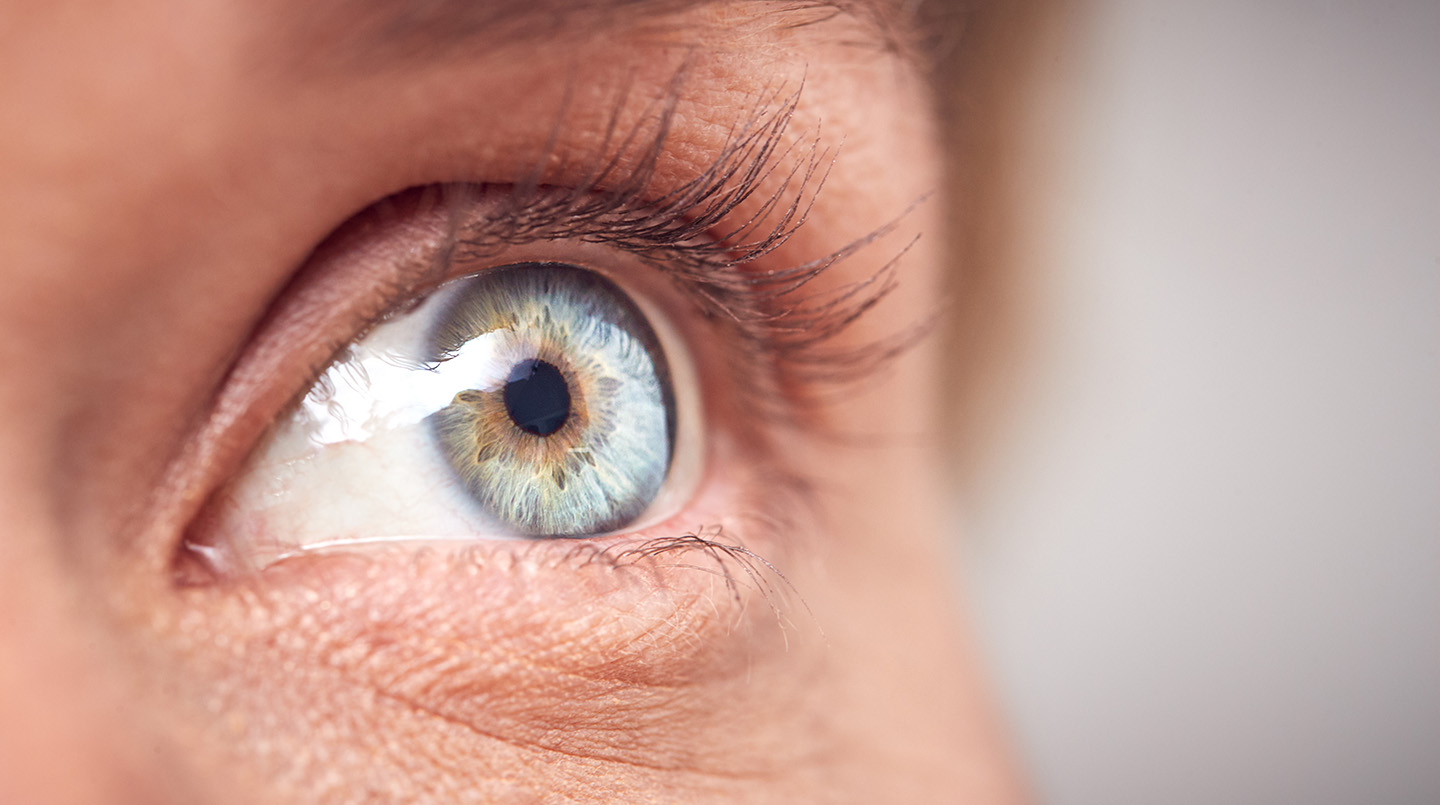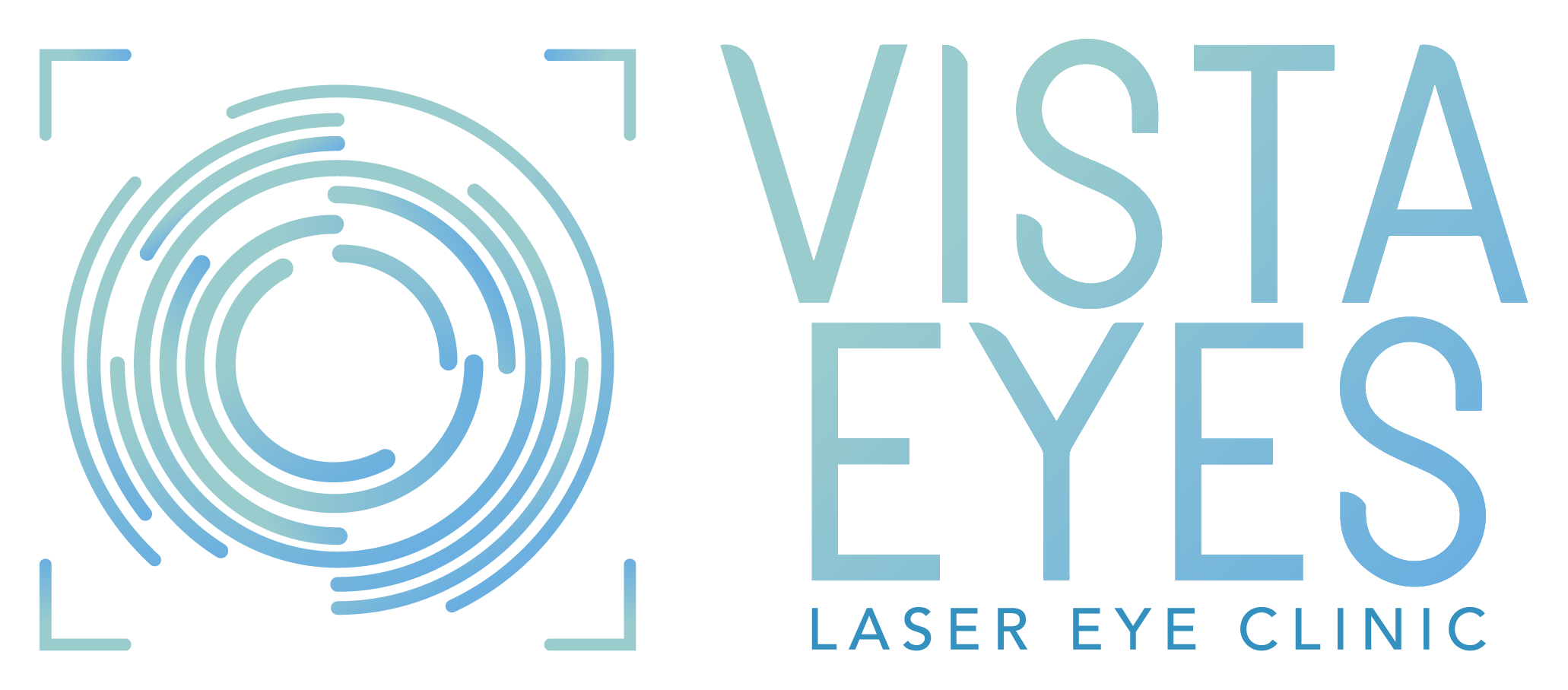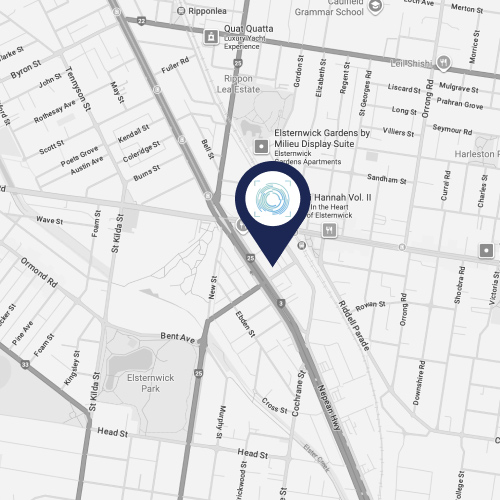
Am I a Suitable Candidate for Monovision?
Monovision eye surgery in Melbourne is an option for people over 45 who are starting to notice difficulty reading up close—a common effect of presbyopia. This age-related condition affects the eye’s natural lens, making it harder to focus on nearby text and objects. Monovision treatment involves adjusting one eye for distance vision and the other for near vision, aiming to reduce the need for reading glasses.
Am I Suitable for Monovision Eye Surgery?
Monovision laser eye surgery is typically considered for people aged 45 and over who rely on reading glasses. It's also used for individuals diagnosed with presbyopia. Before any treatment is recommended, a detailed eye assessment will be performed to determine your suitability.
Trialling Monovision First
It’s common to trial Monovision using contact lenses before surgery. This helps you assess whether your brain can adapt to having each eye focus at different distances. Some people adjust quickly, while others may find it less comfortable. The trial is an important step in personalising your care plan.
Treatment Options Using Monovision
Monovision can be combined with several laser or lens-based procedures, including LASIK, ASLA/PRK, Refractive Lens Exchange (RLE), or Implantable Collamer Lens (ICL). Your ophthalmologist will guide you on which option is most appropriate based on your eye health and vision goals.
Learn More About Monovision Eye Surgery in Melbourne
If you’re interested in reducing your reliance on reading glasses, contact Vista Eyes Laser Eye Clinic to arrange a consultation. Our clinic team can assess your suitability for Monovision and other vision correction treatments available in Victoria.
*This information is general in nature. All medical and surgical procedures have potential risks and benefits. Please consult your ophthalmologist for individual medical advice.
Are you suitable for vision correction?
It isn’t suitable for everyone.
The first step is to take the quiz so you can find out whether you can benefit.


